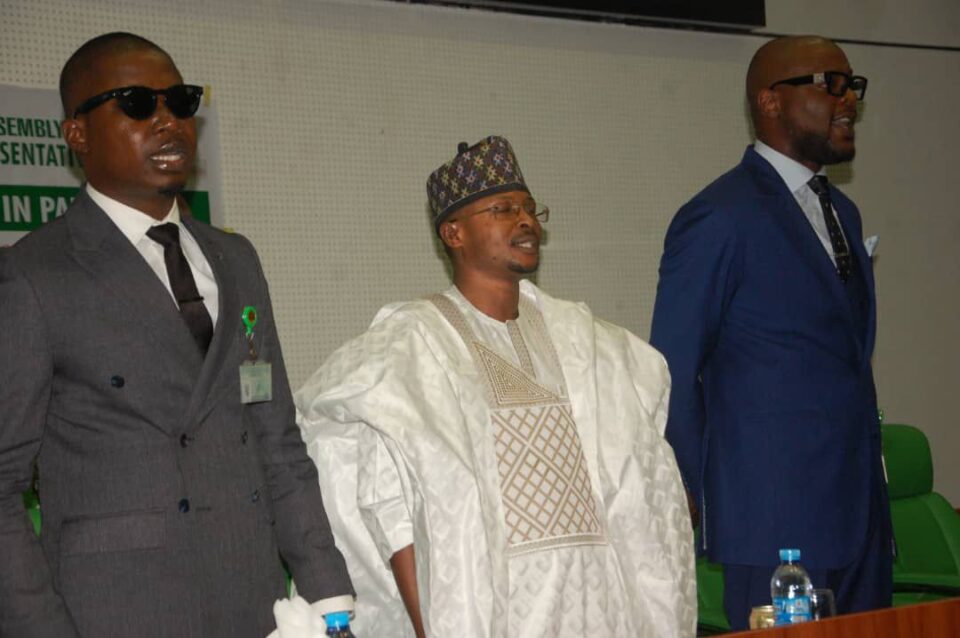By Mercy Aikoye
The Chairman of the House Committee on Youths in Parliament, Ayodeji Alao-Akala, has emphasized the need to review Nigeria’s tax laws to address contemporary challenges in fiscal policies. This review has become necessary to support young people, particularly those engaged in micro, small, and medium enterprises (MSMEs), who are significantly affected by taxation policies.
According to Alao-Akala, the proposed tax reforms aim to ease the burden on low-income earners, mostly youths, by ensuring fairer policies that support entrepreneurship and economic independence. He urged young Nigerians to contribute meaningful ideas to the bill, emphasizing that “if we get it right with the youth, we get it right with the country.”
The Speaker of the House of Representatives, Tajudeen Abbas, represented by Leke Abejide, assured youth groups that their input will be factored into the review of the proposals. Abbas lauded the bills as catalysts of economic growth and national progress, stating that they will prepare the country to be economically viable and technologically independent.
The Alumni Association of the Legislative Mentorship Initiative commended the Federal Government’s proposals, saying they have the potential to change the nation’s economic narrative. Abubakar Tijani, the association’s representative, listed the positives of the tax reform proposals, including company income tax reduction, support for small businesses, personal income tax relief, and VAT exemptions on essential goods and services.
However, Tijani also pointed out grey areas that require legislative intervention, given the nation’s fragile economy. He expressed concerns about the proposed gradual increase in VAT rates, which could lead to higher prices for goods and services, erode purchasing power, and exacerbate inflationary pressures.
Tijani also raised concerns about the plan to cease funding for critical agencies such as the Tertiary Education Trust Fund, National Agency for Science and Engineering Infrastructure, and National Information Technology Development Agency by 2030. He emphasized the importance of these agencies in advancing education, technology, and innovation.
The Centre for African Policy Research Advisory called for the involvement of Nigerians in the implementation of the bills when they are eventually passed into law. Segun Adebayo, speaking on behalf of the Centre, emphasized the need for the protection of the nation’s tax sovereignty.
Project Sprint, a lead partner in the dialogue, highlighted the potential benefits of the bills, including reducing the budget deficit, decreasing government dependence on borrowing, and attracting foreign investments. Coordinator Isreal James, however, pointed out areas of concern, including the microeconomic implications of personal income tax on labor supply and the need to recognize essential services such as telecommunications and digital transactions.



